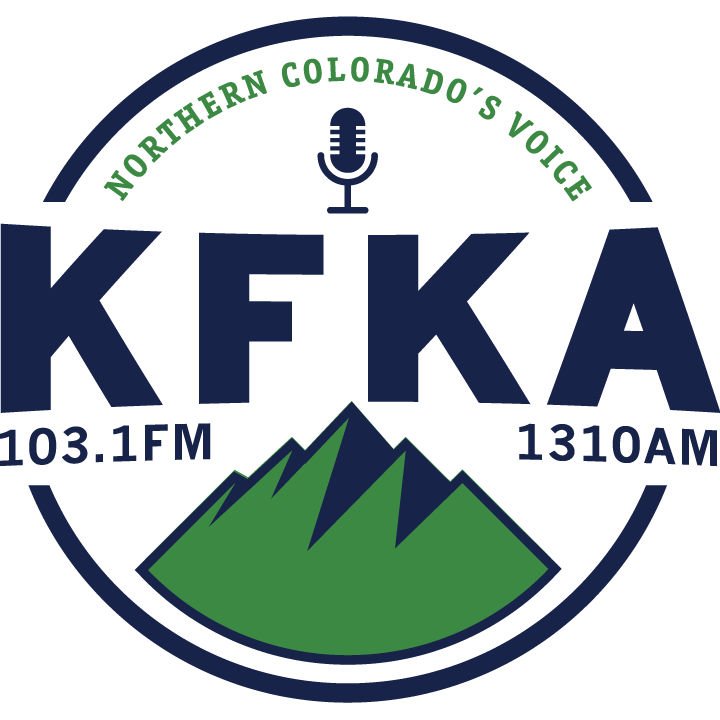 ROBYN BECK/AFP via Getty Images(NEW YORK) — As Americans grapple with isolation due to social distancing or self-quarantining to stop the spread of COVID-19, mental health officials warn of the negative repercussions such isolation may have on the psyche.
ROBYN BECK/AFP via Getty Images(NEW YORK) — As Americans grapple with isolation due to social distancing or self-quarantining to stop the spread of COVID-19, mental health officials warn of the negative repercussions such isolation may have on the psyche.
With some states, such as New York, offering forms of free mental health services to counteract this — it is likely that more Americans will report feeling increased levels of depression and anxiety.
The spike is attributed not only to the uncertainty over how the COVID-19 pandemic will play out, but also due to stress levels of living through a historical event, typified by empty grocery shelves and lost jobs. Stress levels will reflect those Americans experienced during the 9/11 terrorist attacks.
Mental health officials say that Americans feeling increased stress, anxiety, and depression is normal — but are concerned about those suffering with mental illnesses already.
Currently, seven million Americans have been diagnosed with an anxiety disorder while six million have a panic disorder. Those numbers are expected to rise as the pandemic continues disrupting daily life.
Dr. Alexander Sanchez, a New York City psychiatrist, told ABC News, “This is a new challenge and the most worrying aspect is the uncertainty.”
Sanches says the isolation will only fuel a part of the rise in cases and to help combat those numbers is by finding other ways to connect with loved ones, either virtually or through other methods.
Another major factor is the uncertainty itself. Dr. Armando Gonzalez, a Sacramento marriage and family therapist, says “There’s no doubt uncertainty is always the lynchpin to anxiety and panic. In addition to panic around catching the virus or passing it on, the financial impact has become a cause for panic too.”
Another risk is a rise in Obsessive Compulsive Disorder as Americans are encouraged to frequently wash their hands to reduce the risk of infection and spreading the virus.
The elderly are more at risk of experiencing increased stress, anxiety, and depression.
In order to reduce the risk, the National Alliance of Mental Illness (NAMI) encourages everyone to try to maintain a sense of normalcy and try to maintain a similar routine as one had before the outbreak, such as morning rituals and practicing the same self care.
Copyright © 2020, ABC Audio. All rights reserved.
